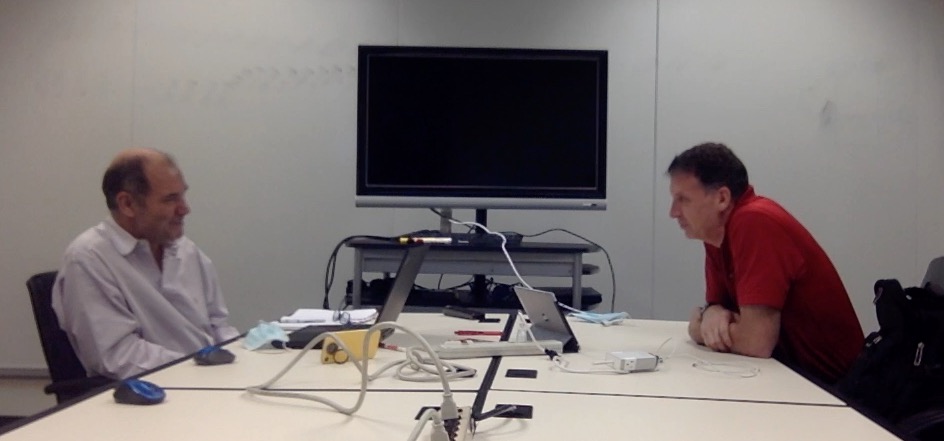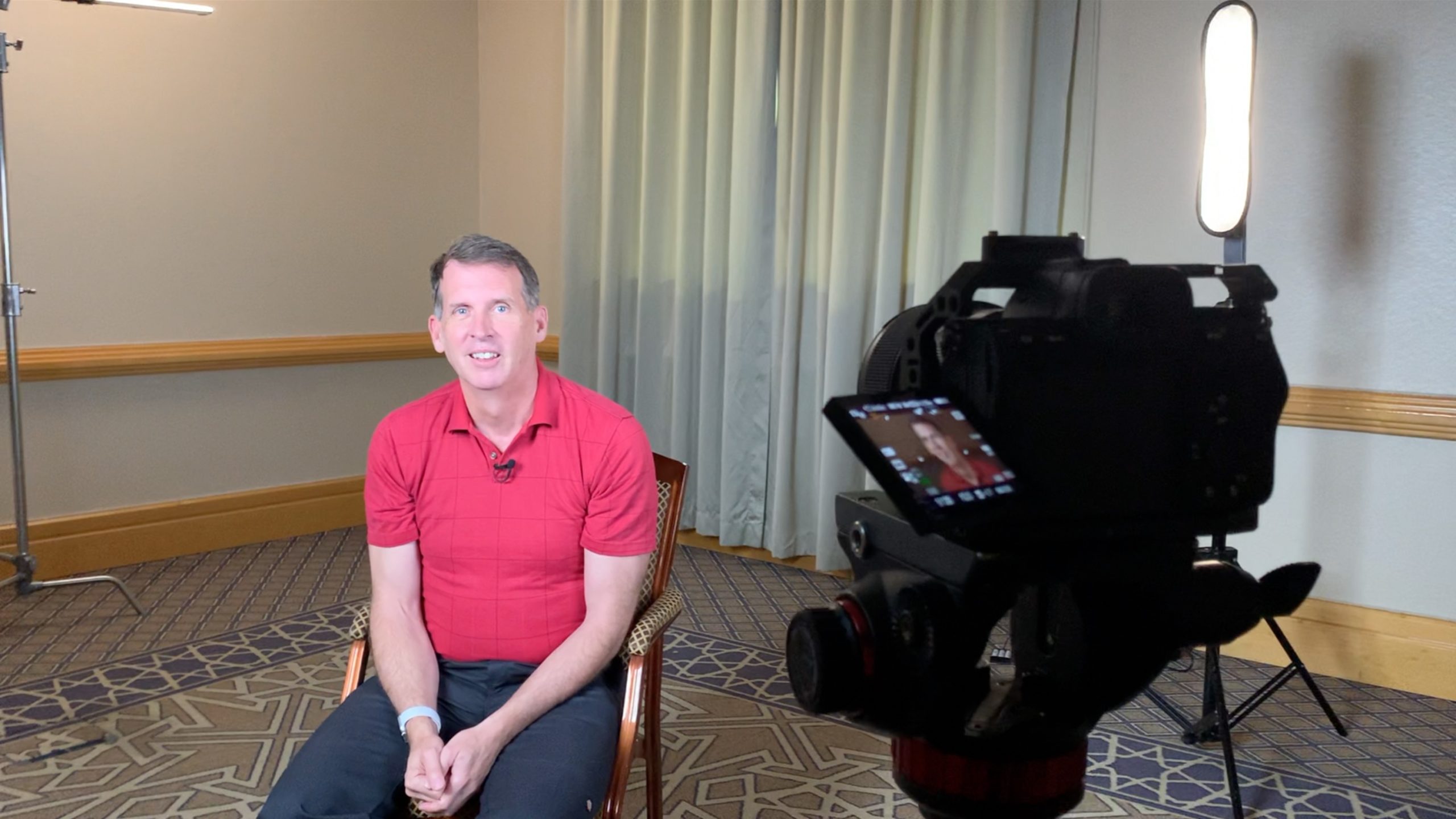This is the fifth segment of a Conversation with Rakesh Kant, an expert on financial and reporting systems, in Lucknow, India, April 15, 2018, discussing how to overcome the cost of migration to these new systems, and how that is likely to occur.
As one thinks about transformation of our financial system landscape, it is not a green field of virgin land upon which one can build anything one wants; we have huge amounts of existing infrastructure in these systems. How does one start this approach of transformation.
Rakesh makes the point that it has to happen by providing quantum benefits over the existing systems. In my mind, these are likely provided by
- enhanced analysis of our financial data, including maintaining linkages to customers and contracts much later in the financial system reporting processes,
- these provide opportunities for AI and machine learning, against qualitative and quantitative attributes we lose visibility to today
- reduced reconciliation between data sources and disparate ledgers, which is a necessary activity in the highly fragmented sub-ledger world we live in but provides no new business value beyond the accurate recording of transactions
- reduced transaction costs through truly shared, efficient ledgers (ledgers which are cost effective as today’s systems are, if not more so), built on rock-solid security models, but which are also much more efficient than blockchain.
This is a Episode 171 of Conversations with Kip, the best financial system vlog there is. Literally learn more–about ledgers and financial systems–at LedgerLearning.com.





Leave a Reply